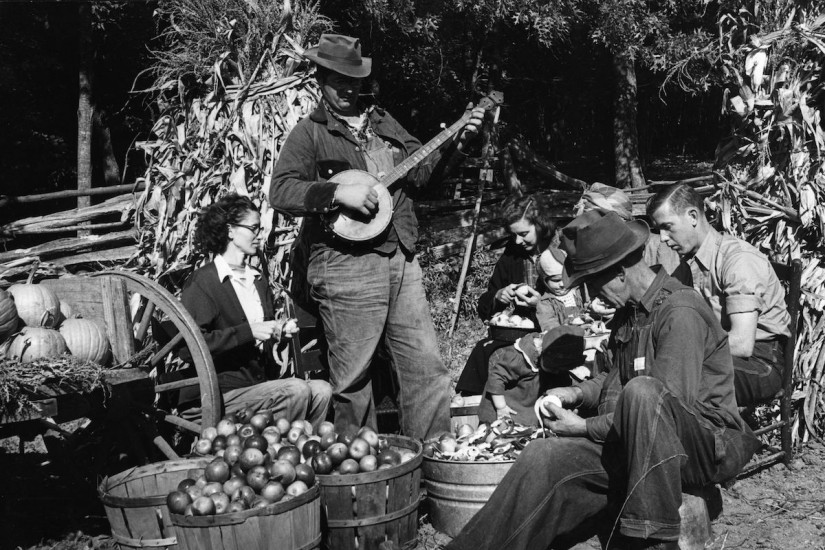•••
Men who shirk employment and women who lack the appropriate amount of shame for their illegitimate children populate the world of Hillbilly Elegy. Instead of attending church, the people of Hillbilly Elegy worship material desires beyond their means and use welfare fraud in the service of their doomed pursuits.
“This is the reality of our community,” Vance writes. “Our homes are a chaotic mess. We scream and yell at each other like we are spectators at a football game. At least one member of the family uses drugs—sometimes the father, sometimes the mother, sometimes both.”
Vance’s use of the word “we” transforms the personal reality of his difficult childhood into a universal experience. The broadest point made by Hillbilly Elegy on the basis of this experience is that “public policy can help, but there is no government that can fix these problems for us. These problems were not created by governments or corporations or anyone else. We created them, only we can fix them.”
The argument that corporations did not help create the problems of Appalachia is stunningly ahistorical—while coal is no longer a significant employment sector in Appalachia, we are still dealing with the industry’s economic exploitation and extractive logic—but it is not even the most problematic claim Vance makes.
As the National Review, which employed Vance as an occasional contributor, asserted in its gleeful review of the book, Hillbilly Elegy had at long last proved that white Appalachians have “followed the black underclass and Native Americans not just into family disintegration, addiction, and other pathologies, but also perhaps into the most important self-sabotage of all, the crippling delusion that they cannot improve their lot by their own effort.”
For many conservatives, the beauty of Hillbilly Elegy was not just what it said about the lot of poor white Americans, but what it implied about black Americans as well. Conservatives believed that Hillbilly Elegy would make their intellectual platforming about the moral failures of the poor colorblind in a way that would retroactively vindicate them for viciously deploying the same stereotypes against nonwhite people for decades.
Vance uses an enduring myth about race in Appalachia to give Hillbilly Elegy its organizational logic. It is, in essence, the magic that transforms Hillbilly Elegy from a memoir of a person to the memoir of a culture. Central to it is Vance’s belief that both historic and modern white Appalachian people share a common ethnic ancestry in the form of Scots-Irish heritage. He connects this belief, in turn, to his claim that shared ethnic heritage has endowed contemporary white Appalachians with certain innate characteristics that hold the key to understanding why their home is, as he puts it, a “hub of misery.” (It is worth noting that my distinction—“white Appalachians”—is not one that Vance uses. In the world of Hillbilly Elegy, all Appalachians are white.)












